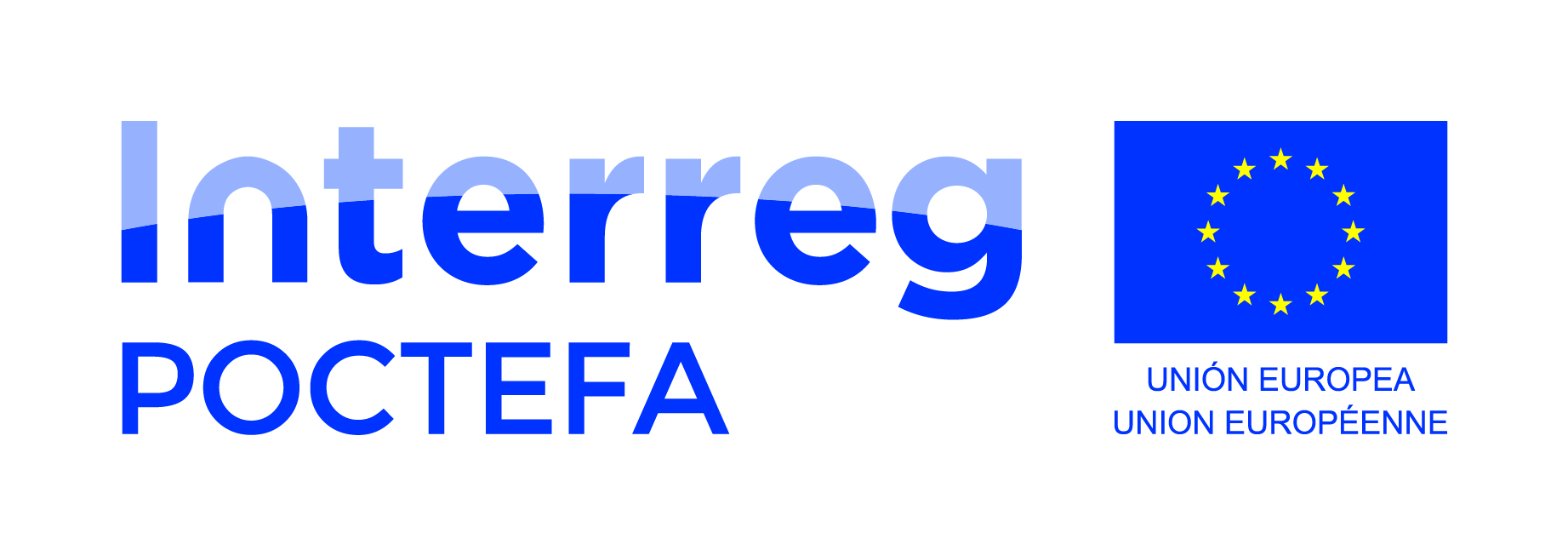
1. What is the “Women and Geology” Commission?
The Women and Geology Commission of the Geological Society of Spain was born in 2012, within the framework of the Geological Congress of Las Palmas, during a round table that highlighted the low presence of women geologists in relevant positions in most of the educational, research and management institutions of the country. It was officially established in 2014, at the Scientific Session of the SGE in Madrid, in order to analyze and promote the role of Geology professionals in all areas of Earth Sciences.
Among the objectives of the Commission are: to fight and ensure equal opportunities, to give visibility to the work of women geologists, to promote their arrival in positions of responsibility and to highlight the visible and invisible barriers that we have to overcome in the development of our work. Since 2018, we have organized an annual conference within the framework of the International Day of Women and Girls in Science, in which we debate about the different problems that affect geology professionals: glass ceiling, vocations, mentoring, labor inequalities …
2. How do you evaluate the participation of women in the field of Geology as a training and as a research career?
According to data from the Ministry of Education, 54% of students who graduate from university in science are women; however, it is women who suffer higher unemployment rates and higher numbers of job insecurity than men, and this gap widens as the scientific career progresses. According to UNESCO, the presence of women in science decreases to 40% of tenured scientists and 21% of female professors. In terms of positions of responsibility, the gap is overwhelming; The CSIC, for example, appointed its first president in 2017 and the IGME in 2010 its first director, although it was not until 2020 that this position was assumed by a geologist.
Working in Geology in Spain has not been easy for women, who since the middle of the 20th century had to make their way into an eminently male profession with few female references. Still, many of them made important scientific contributions, and only a few have been properly recognized. For this reason, one of the first activities carried out by the Commission was a tribute to the pioneers of Geology during the closing of the VIII Geological Congress of Spain. Later, in 2016, the tribute was extended to our veterans. It is important to value the work and achievements of all these geologists, many of them invisible and historically forgotten, who should be referenced for the new generations. More and more initiatives are trying to mitigate this historical injustice,GEAS Women who study the Earth”, Recently published by two colleagues from this Commission.
Regarding training, in 2019 the Commission launched GEOCHARLAS, an informative activity aimed at non-specialized public(educational centers, associations ...) formed by a network of lecturers that aims to highlight the importance of geology for society. The network is made up of 60% women, which makes it possible to offer references of professional women in Geology.

3. Is it possible to create networks of commissions or organizations of scientific and professional women?
Without a doubt, it is a necessary process and one that is already underway. More and more congresses and meetings bring together different organizations and commissions of women scientists in specific sessions from which ideas and joint projects arise. Recently our commission, through the Geological Society of Spain, has signed a collaboration agreement with Association for Women Geoscienists (AWG)whose objective is to promote the participation of women in Geosciences. In addition, we collaborate with other associations with which we share objectives, such as Geolatinas, and Equality Commissions of different organizations, such as the IGME. These networks constitute important support in the achievement of our objectives and allow us to echo different initiatives and magnify their dissemination.
With the aim of extending these support networks to both students and young researchers or professionals in Geology, the Commission for Women and Geology launched the Mentoring Project in 2020. Geologists on the Net, which allows accompanying and advising all new colleagues who request it through our own experiences at the beginning of the professional practice.

4. Regarding renewable energies, PIXIL is a project promoting geothermal energy in the cross-border region between Spain-Andorra-France. How do you see the future of this type of exploration without impact on the environment?
Geothermal energy is renewable and clean energy that does not generate greenhouse gases, so it will play an important role in the fight against climate change and the energy transition. In addition, it is known that Spain is a country with great geothermal potential, so it surely has a great future as an energy alternative.
5. To finish, can you give us a final reflection?
The incorporation of women into science is a process that is still developing since discriminatory stereotypes continue to exist, but fortunately, there are more and more organizations and commissions of women that work to raise social awareness of this problem and that can accompany young women. scientists on their way.



